Ready to try camping? Here’s how much you can expect to spend
With few vacation options available in the "summer of COVID," many Canadians are spending a few days under the stars. Turns out, it's an incredibly affordable way for a couple or family to enjoy time away.
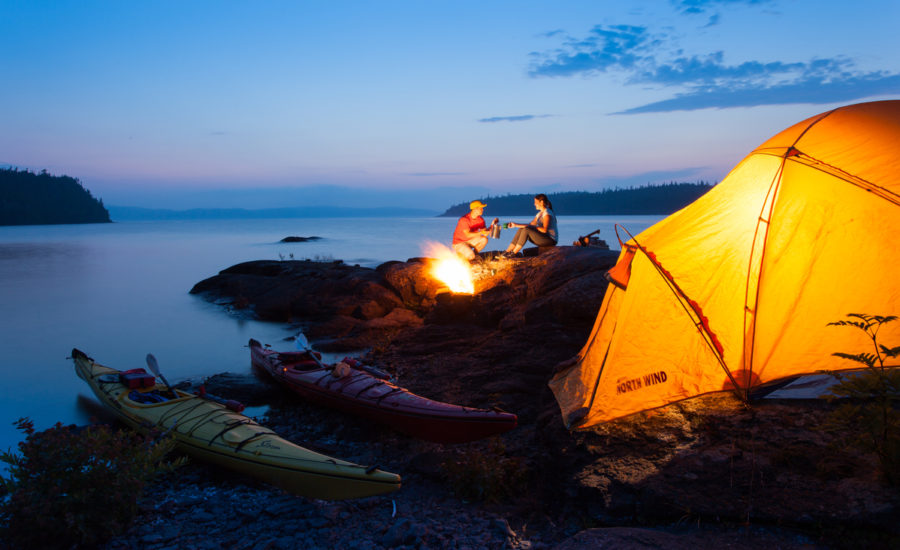
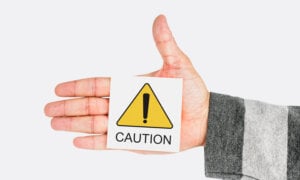


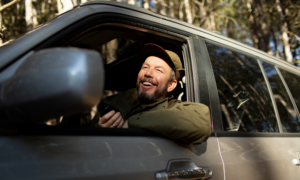


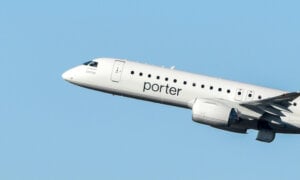
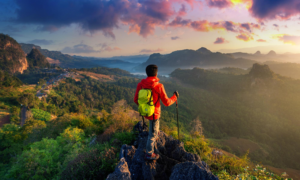

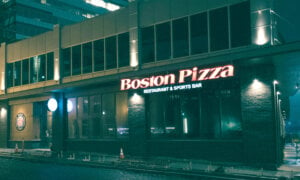

If you want to camp in Ontario provincial parks you’re likely out of luck. They fill up pretty quick because you can reserve 5 months in advance. This year is worse because due to COVID some Ont provincial parks are not allowing new reservations to avoid overcrowding.
I’ve been a MEC member for decades and their gear is outstanding for hiking and back packing. If you are a young couple or a single hiker who plans on hiking and camping for a long time, buy at MEC. However, for a family style camping trip, I would suggest you try an outfitter store instead. They stuff is bigger, can be just as well made and is aimed for families, especially for older adults. I would not sleep on a pad anymore but a camp cot works well with a good sleeping bag. You can buy a big 8 person tent with many rooms for a reasonable price. MEC has one for 6K+. Try Cabelas.
Will be camping with family on Vcr Island this summer.
You forgot the fee to have a fire permit with your campsite. You also forgot the fees for activities like fishing licenses and life jacket rentals. Gas costs $1/L and you will also require money for firewood/ice.
bear spray for use in the Rocky Mountains is around $50. I don’t know why the article makes it seem economical…